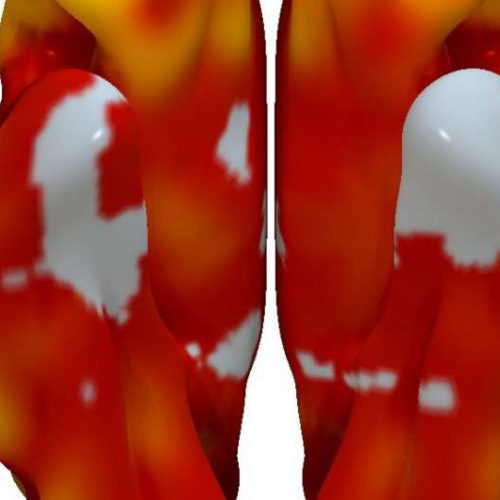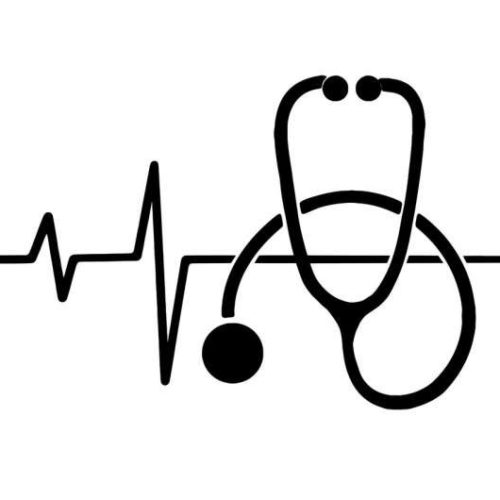by Centro Nacional de Investigaciones Cardiovasculares Carlos III (F.S.P.) 3D reconstructions of superior (left) and inferior (right) brain regions, showing regions with lower metabolism associated with the presence of atherosclerotic plaques in the carotid arteries. The color code indicates the magnitude of the observation (yellow, strong association; red, lower association). Gray indicates areas showing no...
Tag: <span>Cardiovascular risk</span>
Automated AI algorithm uses routine imaging to predict cardiovascular risk
by Brigham and Women’s Hospital Credit: CC0 Public Domain Coronary artery calcification—the buildup of calcified plaque in the walls of the heart’s arteries—is an important predictor of adverse cardiovascular events like heart attacks. Coronary calcium can be detected by computed tomography (CT) scans, but quantifying the amount of plaque requires radiological expertise, time and specialized equipment....
Simple blood test could better predict both kidney disease and cardiovascular risk
by University of Glasgow Researchers have found a better way to test for kidney disease using a simple blood test that is affordable and although it is available in NHS laboratories is not yet widely used. In a study, published today in Nature Medicine and led by the University of Glasgow, researchers have highlighted that...
Plant based diet may reduce cardiovascular death risk by 32%
By Ana Sandoiu Fact checked by Carolyn Robertson New research adds to the mounting body of evidence that eating more plant based foods and fewer animal ones may contribute to a healthy heart and cardiovascular system. Not only is eating fewer animal products good for the planet, but it is also good for your health,...
How much coffee is too much for the heart?
By Maria Cohut Fact checked by Jasmin Collier For many people, coffee is the magical brew that kick starts the day, a much-needed pick-me-up in the afternoon, and sometimes even a well-appreciated digestive after dinner. However, how much coffee is too much? A large new study claims to hold the answer. “What on earth could...
Stopping aspirin treatment raises cardiovascular risk by over a third
New research published in the journal Circulation suggests that interrupting long-term, low-dose aspirin treatment may increase the likelihood of a second stroke or heart attack. Researchers led by Johan Sundström, a professor of epidemiology at Uppsala University in Sweden, set out to examine the effect of stopping low-dose aspirin treatment on the odds of having a second heart attack or stroke. The American...


